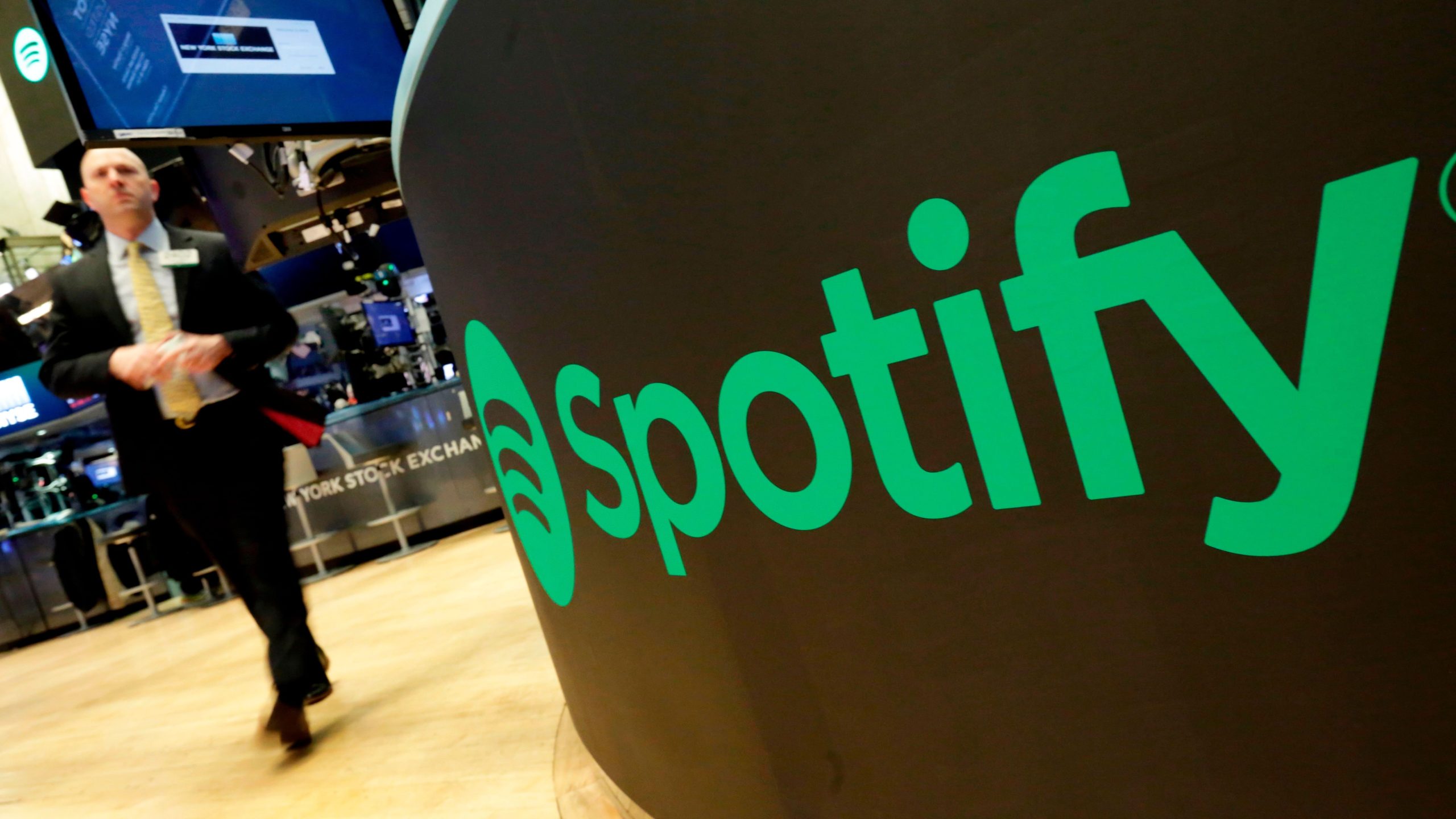Spotify Accused of Stealing Trade Secrets to Build Ad Platform
By Gene Maddaus
LOS ANGELES (Variety.com) – A Canadian company filed suit on Thursday accusing Spotify of stealing its trade secrets to develop its user-generated ad platform.
VoxTonePRO, headquartered in Toronto, alleges that it had a series of meetings in 2016 and 2017, during which Spotify executives dangled the prospect of a partnership in order to gain access to VoxTonePRO’s trade secrets.
VoxTonePRO had developed an automated platform that allowed advertisers to create their own audio spots at much lower costs, and hoped to team with Spotify to scale the business. Spotify expressed interest, only to cut off talks in May 2017, according to the complaint.
In September 2017, Spotify introduced the Spotify Ad Studio , which allows users to create low-cost ads through various automated processes. The suit alleges that the ad studio is a straight rip-off of VoxTonePRO’s product.
“Because Spotify needed a solution for a high-volume audio ad creation service, it took VoxTonePRO’s trade secret information to build Ad Studio’s back-end audio ad creation system,” the suit alleges. “Spotify needed a scalable, cost-efficient, self-service online application that generates audio ads with voiceover narrations, music and/or sound effects, and VoxTonePRO provided the solution.”
Nadeem Mughal, the founder and CEO of VoxTonePRO, first reached out to Spotify to pitch the idea in January 2015, but the conversations did not go anywhere, according to the suit. In August 2016, Spotify hired Derek Kuhl to lead the development of a self-serve ad platform.
According to the suit, Kuhl reached out to Mughal in November 2016, and invited him to meet at Spotify headquarters in New York. At the meeting, Kuhl assured Mughal that their discussions would be confidential, and Mughal gave an detailed presentation of the VoxTonePRO platform, the suit states.
“Mr. Kuhl took notes throughout Mr. Mughal’s presentation,” the suit states. “During the meeting, Mr. Kuhl and Mr. Mughal also discussed financial terms of the partnership, including revenue share, licensing fees, or pre-paid fee structure.”
Kuhl even suggested that Mughal relocate to New York so they could collaborate more closely, the suit alleges.
Kuhl also asked for, and received, access to VoxTonePRO’s backend systems through password-protected portals, according to the complaint. Several more discussions ensued. VoxTonePRO executives believed that Spotify had been unable to develop its own ad platform, and was sincere in its interest in a partnership, according to the complaint.
However, in May 2017, a Spotify executive told Mughal that they were “full speed ahead building out other aspects of the platform and don’t have the bandwidth to onboard new partners.”
A few months later, Spotify introduced its own ad studio. According to the complaint, the self-service platform has become a major revenue source, accounting for 30% of ad revenue as of July 2019.
“Spotify’s own estimates thus indicate that it has derived hundreds of millions of dollars from the proprietary system it stole from VoxTonePRO,” the suit alleges.
Spotify did not immediately respond to a request for comment.

